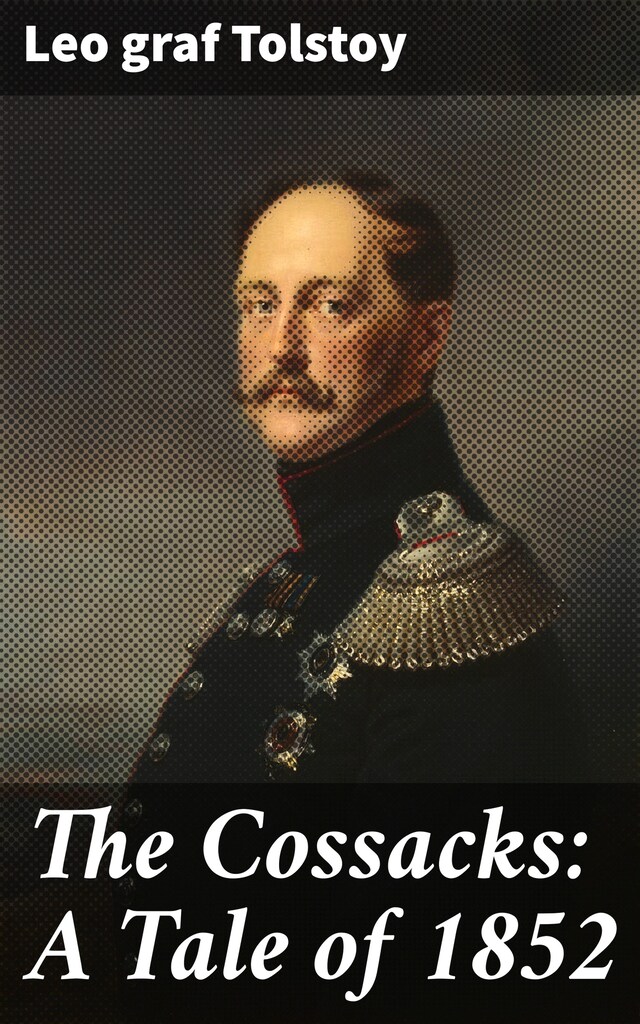The Cossacks: A Tale of 1852
Exploring Love, Nature, and Meaning in Leo Tolstoy's Cossack World
Om bogen
In "The Cossacks: A Tale of 1852," Leo Tolstoy invites readers into a richly drawn narrative that captures the complexities of Cossack society amidst the backdrop of the Russian Empire. Through the eyes of Olenin, a disillusioned aristocrat, Tolstoy masterfully juxtaposes the simplicity of Cossack life with the moral and existential dilemmas faced by modern man. The novel'Äôs lyrical prose, interspersed with vivid descriptions of the Russian landscape, reflects Tolstoy'Äôs deep engagement with themes of identity, cultural conflict, and the search for authenticity. Written during a tumultuous period in Russian history, it underscores the tension between civilization and nature, revealing Tolstoy'Äôs fascination with the Cossacks as a symbol of untamed freedom. Leo Tolstoy, one of the most influential authors in world literature, penned "The Cossacks" after experiencing life among the Cossacks in the Caucasus region. This immersion fueled his exploration of grief and belonging, echoing his own internal struggles with status and meaning. The book marks an essential transition in Tolstoy'Äôs artistic journey, as he began to prioritize themes of human morality and existential purpose over social critique. This novel is recommended for readers interested in exploring the complexities of human existence and the search for meaning against societal constraints. Tolstoy's nuanced portrayal of the Cossacks not only enriches our understanding of Russian culture but also speaks to universal dilemmas of love, duty, and the longing for a life authentic to one'Äôs principles.
 Leo graf Tolstoy
Leo graf Tolstoy 209 Sider
209 Sider